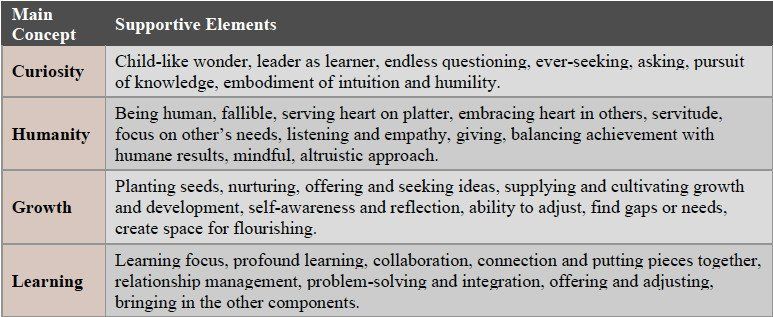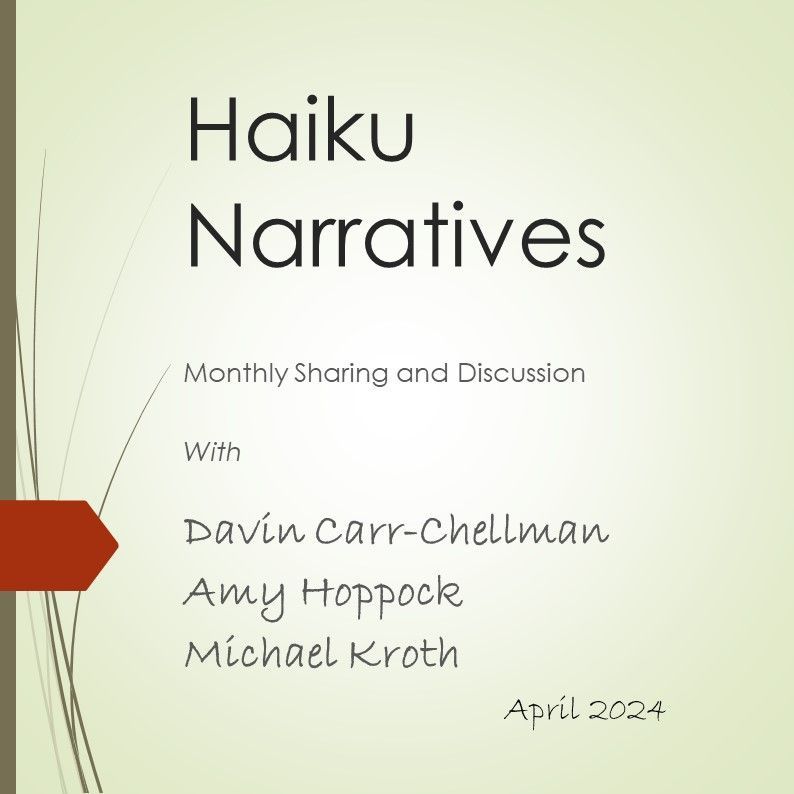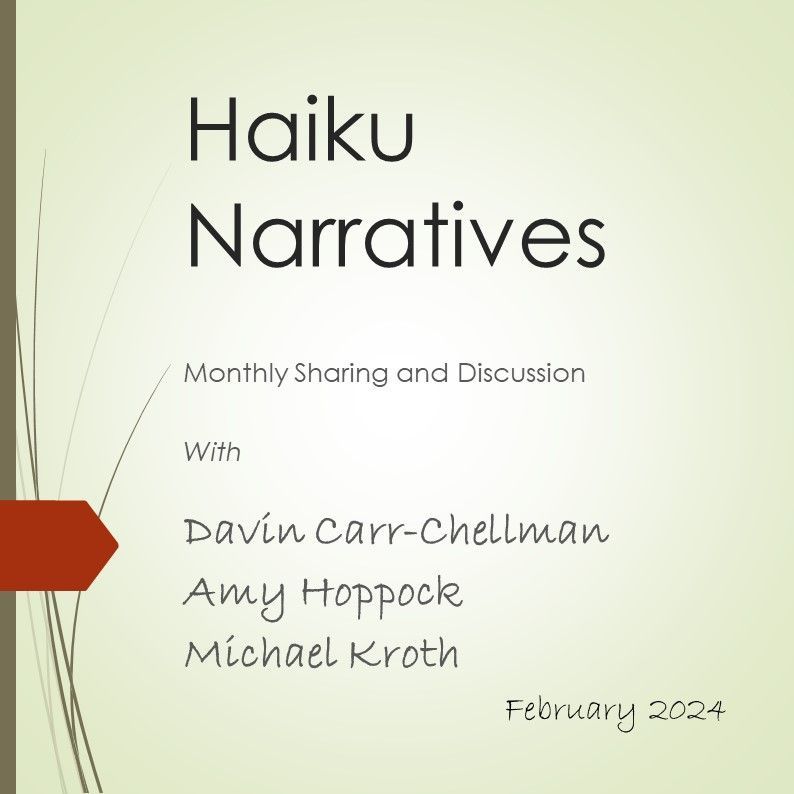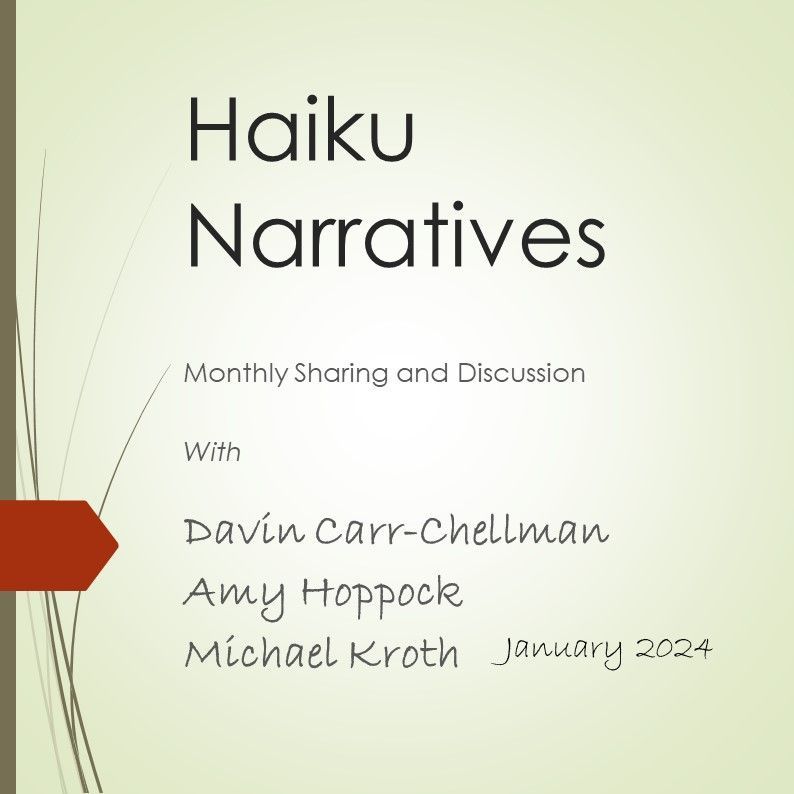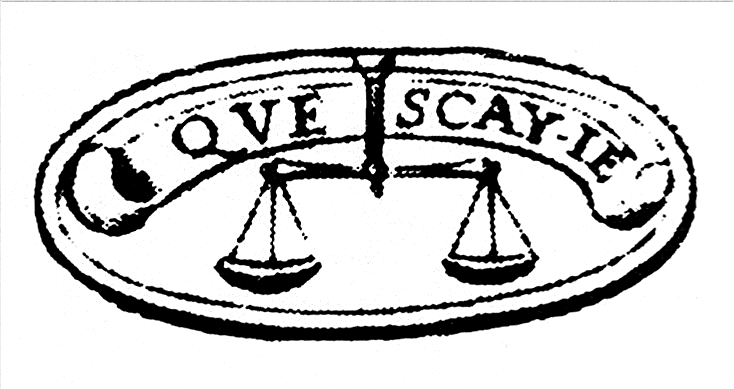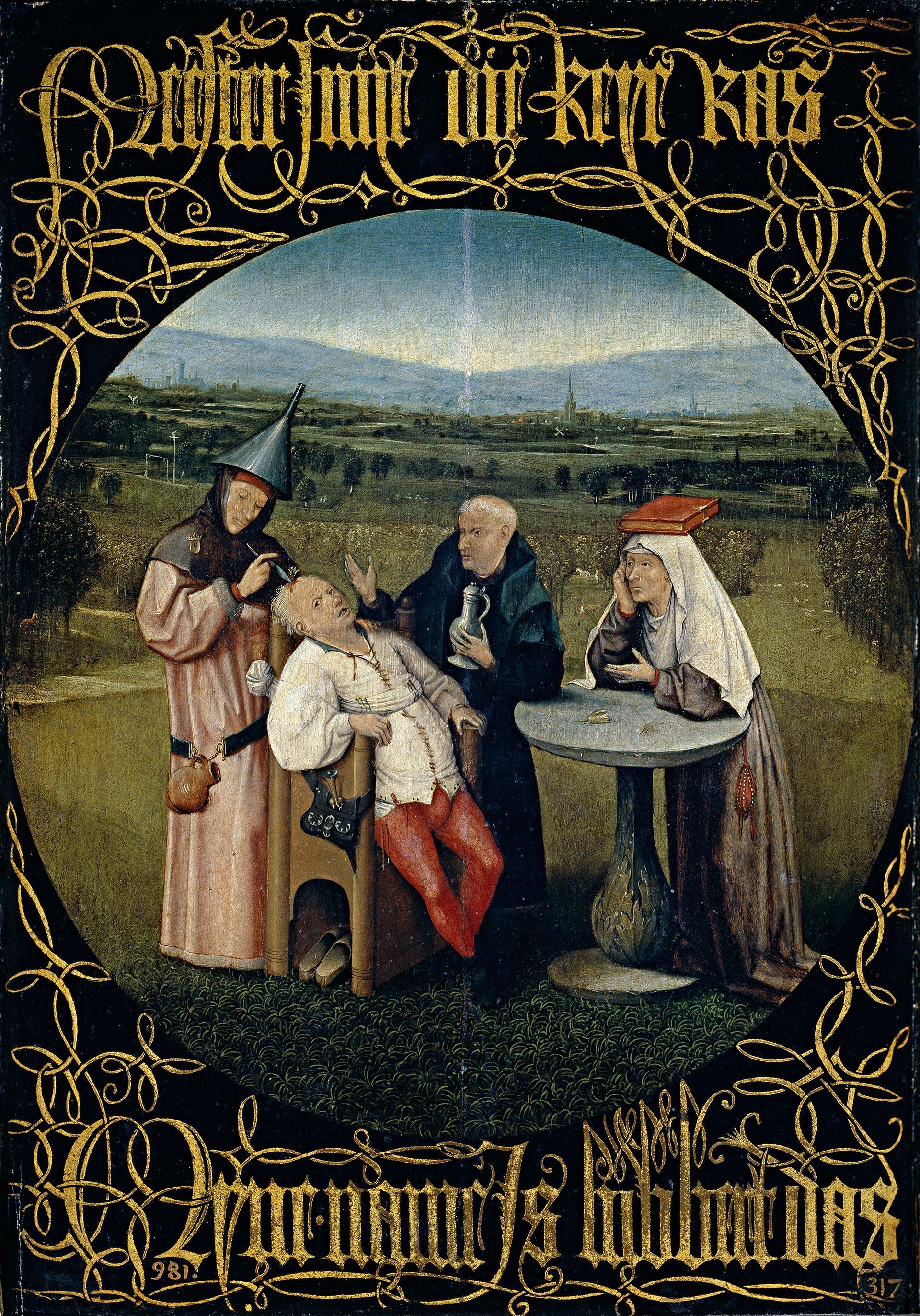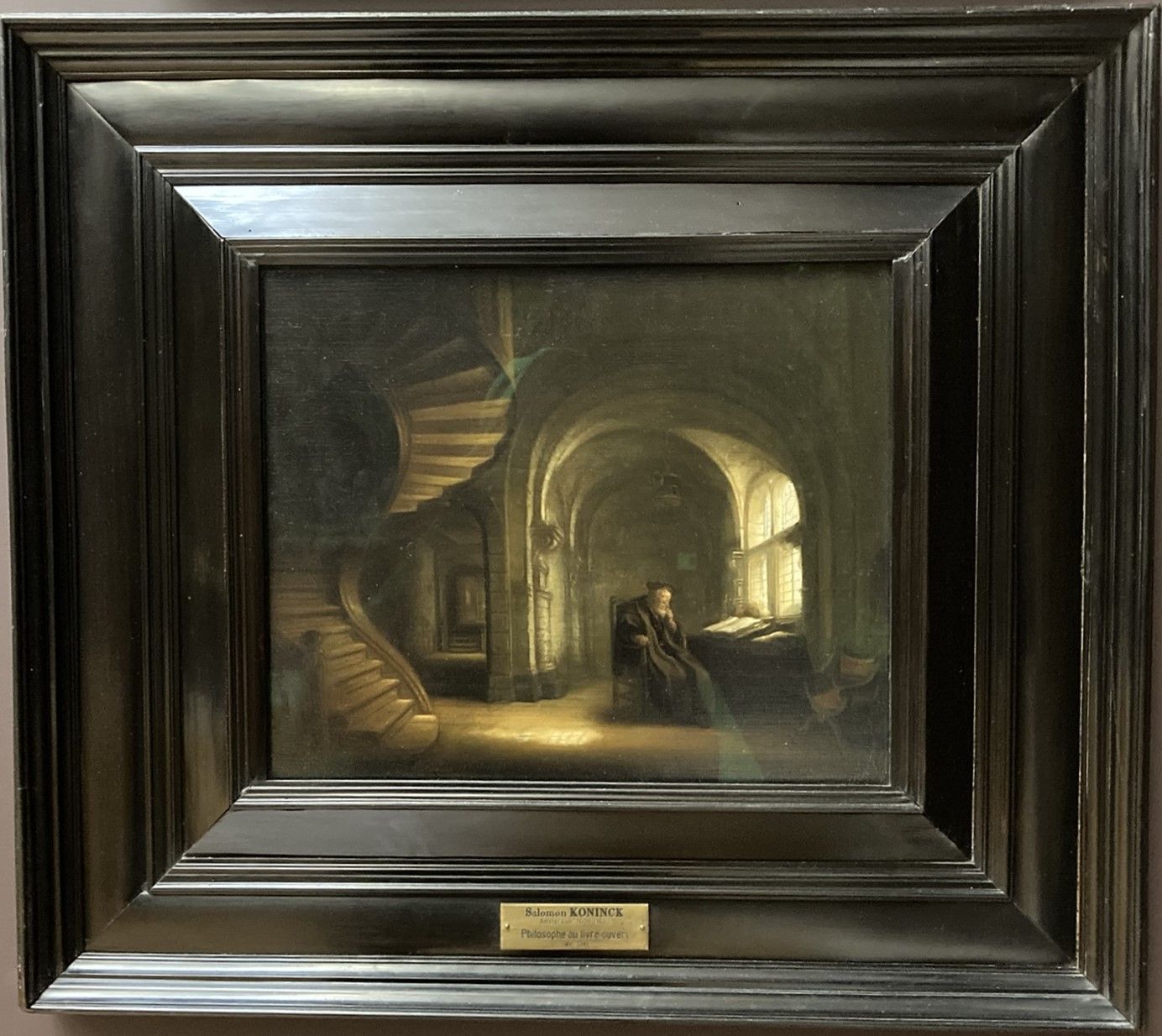
Blog Post
Lead Better Than You Have Been Led
Heidi K. Scott and Davin J. Carr-Chellman • Jan 14, 2020
Can we choose to embrace both both performance and service?
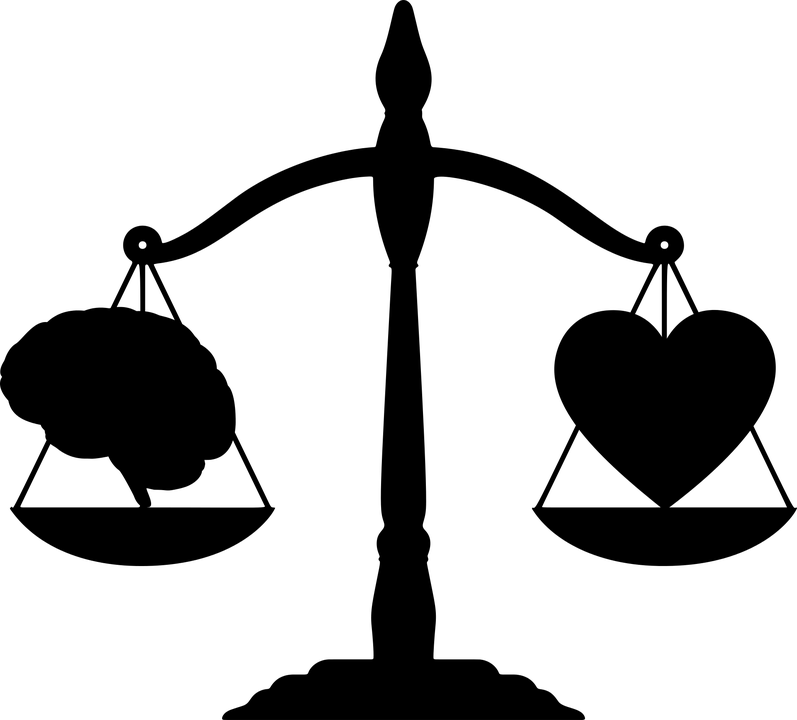
Image Attribution: Pixabay https://pixabay.com/vectors/balance-silhouette-justice-scales-3659416/New Paragraph
We’ve just published an article, an integrative literature review, offering a synthesis of several influential and deeply researched leadership theories (https://scholar.valpo.edu/jvbl/vol13/iss1/11/). This synthesis offers a vision of profound leadership; traits and characteristics to guide individuals and organizations in search of more holistic, healthy, and meaningful approaches. At the macro level, it’s an uncomfortable fact that holistic, healthy, and meaningful leadership might not be a high priority for many organizations. There are a few, though, and we hope our nascent thoughts and research can be helpful. For individuals wading through through the vast literature on leadership, we hope our work can help winnow the wheat from the chaff while also offering a creative framework for one’s own leadership approach.
Defining profound leadership can be accomplished through negative examples, scenarios that will resonate with many readers and their own experiences with leadership. Here is one illustration:
It is an early Monday morning in the office. “Jim” (name removed to protect the innocent) is looking for his supervisor “Julie” (pseudonym) who just returned from international travel.
Jim asks his colleagues if anyone has seen Julie yet. “No”, “nope”, “not yet” rings around the cubicles. As many staff go back to work, Jim’s eagerness increases as he peeks up every few minutes for any sign of Julie. He recounts in his mind Julie’s insistence that this project was her top priority and could very well determine her -- and, by implication, his -- future with the company. She knew this trip would place the burden on Jim’s shoulders and he had accomplished all that was asked of him -- in spades. There was so much he couldn’t do without Julie, though. Deadlines were approaching.
Julie runs in fifteen minutes later, dropping her bags, and ready to get to work.
Jim pops up over the cubicle wall, asking casually, “Hey Julie, do you have a few minutes?”
Julie responds, “No, I’m really busy”.
Jim pauses and gently asks again, “I really need to talk with you, just 5 minutes?”
Julie, “I can’t”.
Fellow colleagues dart glances around the office, acknowledging the common nature of this exchange.
After a long pause, Jim makes one final attempt “OK. Just 1 minute then?”
The room holds their collective breath, until Julie finally concedes with a “fine” and Jim walks over.
At his next performance review, Julie evaluates Jim as performing below expectations. “The McConnell project was behind schedule and over-budget,” Julie reads her notes in a monotone, emotionless voice. Jim knows he is the latest scapegoat for Julie’s mismanagement and can feel the learned helplessness he studied in business school creeping into his psyche.
Similar to our fictional composite character Jim, many of us have suffered through these career-defining relationships. Our responses to these relationships are also career defining. There’s so much to say about how we should respond when a leader is negligent, obtuse, self-centered, and/or abusive. Given this example, we do not see Julie as a good leader. She is certainly not a profound leader, either good or bad. Julie is a survivor, intent on climbing the bureaucratic ladder and manipulating the system for her own benefit, often at the expense of her subordinates.
As a negative leadership example, Julie provides inspiration to those of us who have encountered similar leaders and said, “When I’m in-charge, I will never treat my employees like that. . .” Perhaps that’s the best response: building determination to lead better than one has been led. We hope our profound leadership research can add value to your endeavor to lead better than Julie.
Through our literature review, we elicited and synthesized profound leadership characteristics in the following chart (Scott, Carr-Chellman, and Hammes, 2020, pg. 10):
While this was only one small example of a leader moment, this moment will stick with us, influence us, and often profoundly. These teaching moments guide our future “what we should not do” when wearing those leader shoes. What would we do differently in those leader shoes? Would we succumb to the trials and traps of a leader, struggling to find the balance of performance and service? Can we stay humble while still achieving production milestones? Maintain our humanity while fiercely competing? As a leader are these choices we have to make or can we choose to embrace both both performance and service?
As a leader there are a few guiding questions to consider: what are ways to avoid falling into leadership traps requiring coercive and manipulative power dynamics? How can we embrace the hard work, courage and fortitude required to build non-coercive exousia power? Do we dismiss those small teachable moments, failing to see as Michael Kroth writes, the complementary need for virtues of love for others, humility, generosity, and sacrifice?
While we focus on eliciting the positive characteristics to form profound leadership, we also recognize that there are significant opportunities to learn from unpleasant experiences and poor leader examples, as in our negative example above. Our research interprets profound leadership as rising above excuses or justifications; instead, embracing humility, acknowledging growth areas, and sacrificing oneself for the sake of service, caring, and curiosity.
Leadership has a relationship with well-being, and the implications are huge: as Michael Kroth writes, leadership is a sacred trust
and we, therefore, have an obligation to pursue profound leadership. We believe and as our literature review suggests, profound leaders do not have to choose between wellness and performance, instead they can choose to integrate these components through thoughtful approaches to living, learning, and leading.
References
Scott, Heidi; Carr-Chellman, Davin J.; and Hammes, Leslie (2019). "Profound Leadership and Adult Education: An integrative Review of the Literature," Adult Education Research Conference. https://newprairiepress.org/aerc/2019/papers/23
Scott, Heidi; Carr-Chellman, Davin J.; and Hammes, Leslie (2020) "Profound Leadership: An Integrative Literature Review," The Journal of Values-Based Leadership: Vol. 13 : Iss. 1 , Article 11. Available at: http://dx.doi.org/10.22543/0733.131.1293. Available at: https://scholar.valpo.edu/jvbl/vol13/iss1/11
Image Attribution
Contributors:
Davin J. Carr-Chellman is a regular contributor to Profound Living. He is a professor in the Adult, Organizational Learning and Leadership
(AOLL) program at the University of Idaho. Heidi K. Scott is a recent contributor to Profound Living
and is a doctoral student in the AOLL program.
Leadership has a relationship with well-being, and the implications are huge.
Follow Me
Profound Living Copyright © 2019 by Michael Kroth.
All Rights Reserved.
Individual contributors to this site retain all rights to their own original work.
Proudly Built By
Follow Us
Subscribe for Updates
Contact Us
Thanks for subscribing! You'll now be notified whenever a new post is added.
Oops, there was an error.
Please try again later
